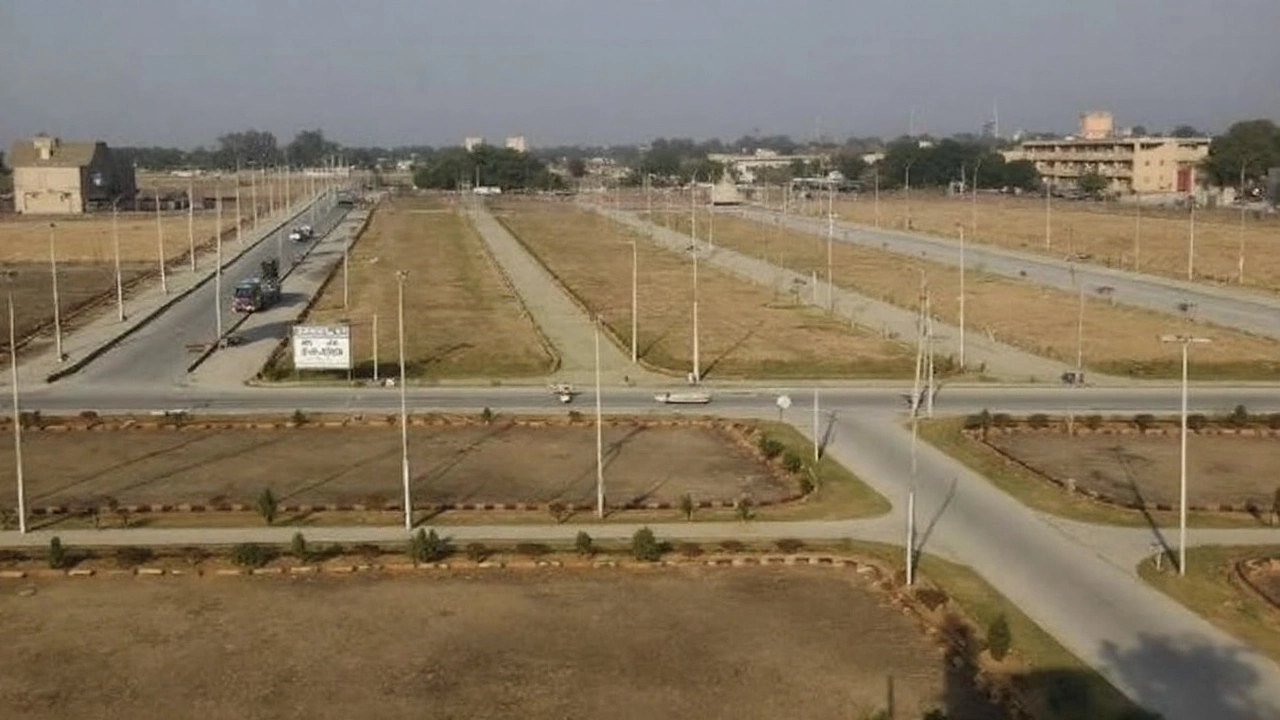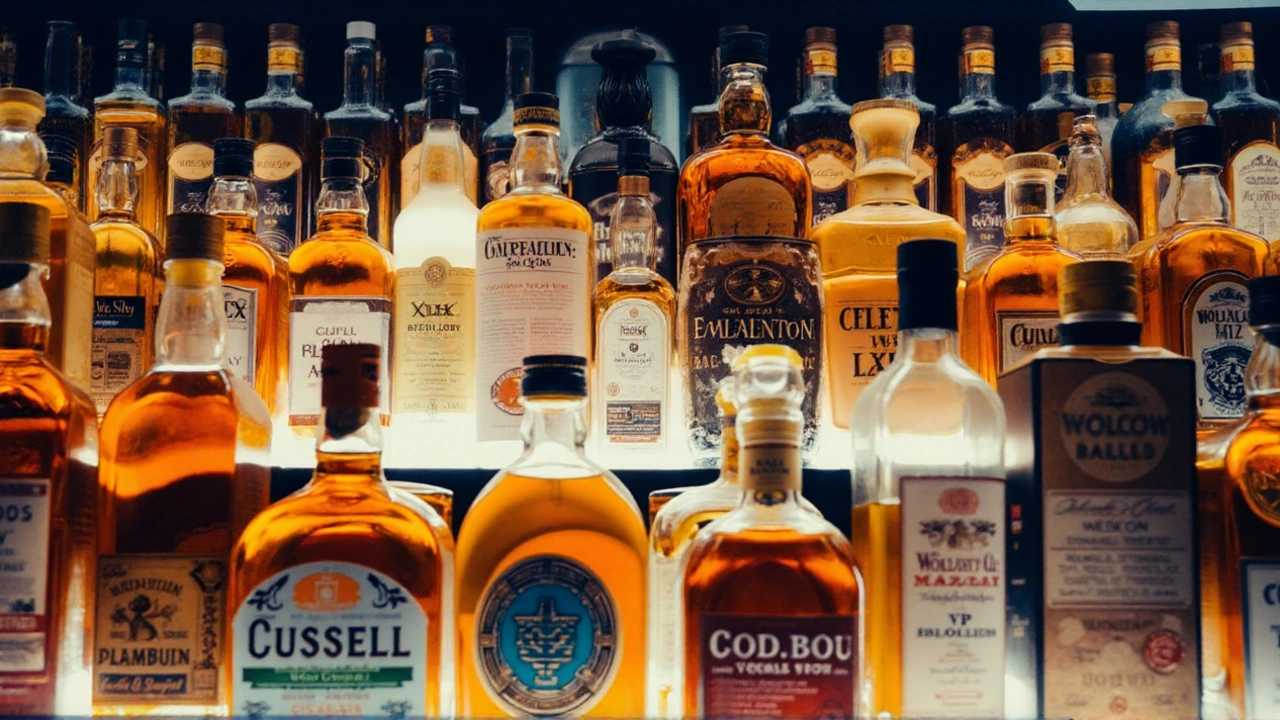Jharkhand’s Excise Department rolled out a high‑tech lottery to hand out retail liquor licences in Palamu district, and the response was overwhelming. A total of 447 applications for 70 shops flooded the online portal, showing how keen entrepreneurs are to tap into the state’s newly structured liquor market.
How the Palamu e‑Lottery Was Conducted
The entire exercise hinged on the Jharkhand Excise (Settlement and Operation of Shops for Retail Sale of Liquor) Rules, 2025, and was announced through Departmental Notification No. 903 on May 21, 2025. Applicants lodged their forms on the dedicated portal https://exciselottery.jharkhand.gov.in between the opening date and the deadline set for August 22, 2025. Once the submission window closed, a computer‑driven randomisation engine mixed the entries, ensuring each applicant had an equal chance.
To keep the process above board, the lottery was streamed live on both the state excise website and the individual district portals. Viewers could watch the draw in real time, and the official results were posted the following day, August 23, 2025.
- 477 applications received for 70 licences in Palamu.
- Licences cover both Country Liquor Shops and Composite Shops.
- Each licence is valid for 4 years and 7 months, from 1 Sept 2025 to 31 Mar 2030.
- The statewide rollout targets 1,343 retail outlets across all districts.

What the Results Mean for Aspirants
The winners now have a clear roadmap: set up a shop, comply with the new excise regulations, and operate for the fixed term. The 4‑year‑plus window gives licence‑holders enough time to establish a brand, build a customer base, and potentially explore ancillary services like on‑site food or specialty drinks.
For those who missed out, the department has hinted at a second round of applications later this year, aiming to fill any remaining slots and address emerging demand. Industry watchers are already speculating that the transparent, technology‑driven model could become a template for other states looking to modernise their liquor‑sale frameworks.
Overall, the Palamu e‑lottery showcases Jharkhand’s push for accountability and fairness in a sector that traditionally operated in the shadows. By publishing the draw live and posting results promptly, the government hopes to build trust among entrepreneurs and consumers alike, while also ensuring that tax revenues flow more predictably into the state treasury.
